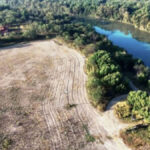
Germany: Nationalist Party Beats Merkel in Key State Election
Germany’s nationalist, anti-immigration Alternative for Germany (AfD) party performed strongly this Sunday in a key state election, winning 20.8% of the vote to take second place. The center-left Social Democrats won with 30.6%.
The vote was held in Mecklenburg-Western Pomerania, the region known as Chancellor Angela Merkel’s political base. Merkel’s Christian Democrats (CDU) performed poorly, earning the lowest score yet in the state at 19%.
Chancellor Merkel’s popularity has suffered over the past year as Germany struggles to coexist with the 1 million+ mostly Muslims migrants now living within its borders. Merkel’s sympathetic stance towards migrants – despite rising rates of crime and sexual assault – has given considerable strength to the anti-immigration AfD party, and Merkel’s loss of power would lead to massive changes in Germany.
It is important to note that the AfD is not anti-Jewish, but many worry that the party’s harsh stance towards foreigners could steer Germany back towards its dark past. Already the upstart party has proposed banning burqas (an Islamic garment that covers the face and body) and minarets (mosque prayer towers), insisting that Islam does not deserve the constitutional rights that protect religion.
Germany’s population of 80 million is roughly 5% Muslim.
“We will manage” the crisis, says Merkel. “Sometimes you have to endure such controversies.” Merkel’s immigration policies were a key issue in the campaign for Sunday’s election, and the chancellor shows no signs of changing her mind.
“This result, and the strong performance of AfD, is bitter for many, for everyone in our party,” laments Christian Democrat General Secretary Peter Tauber. Many voters ignored the state government’s successful record, he explained, “because among a recognizable part, there was an explicit wish to voice displeasure and protest, and we saw that particularly strongly in the discussion about refugees.
Merkel has not yet announced whether she will seek a fourth term in 2017. Her bloc remains in the national lead, however, and most expect that she will run for re-election.
“She is, in people’s opinion, personally responsible for the border opening, and she has to deal with that,” says political science professor Karl-Rudolf Korte. “But she can deal with it – she has a year.”
AfD leader Frauke Petry celebrated Sunday’s vote as a “blow” to Angela Merkel. “Perhaps this is the beginning of the end of Angela Merkel’s chancellorship today,” adds state AfD leader Leif-Erik Holm.
The three-year-old AfD party is the first anti-euro party to ever win seats in the German regional parliament. The AfD is currently represented in 9 of Germany’s 16 state legislatures and hopes to enter Parliament next year.
Sunday’s vote was the first of five before a national election planned for September 2017.



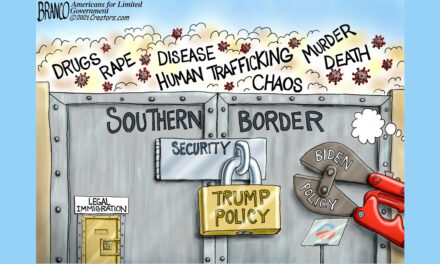
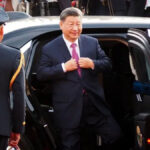











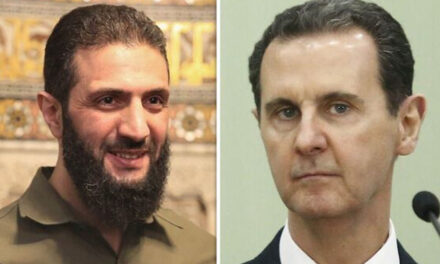
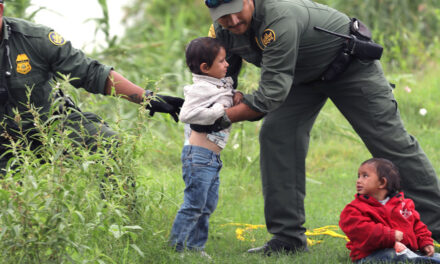






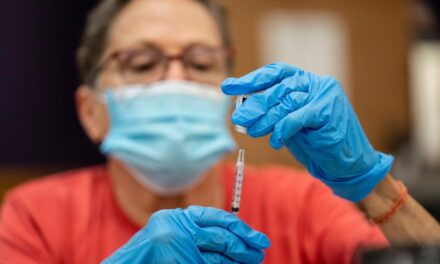
If ya'll say so, E.D., then it must be so. MSNBC vs PBP challenge and compare. Scandals, they pop up…
Whoops, I meant Robert.
I was referring to Roger being mentally unhinged. He's the one that was ranting. Hell, I support Trump. I don't…
Your daughter
I noted in another post that if I were king of the forest....... I would pardon all the non-violent 1/6…